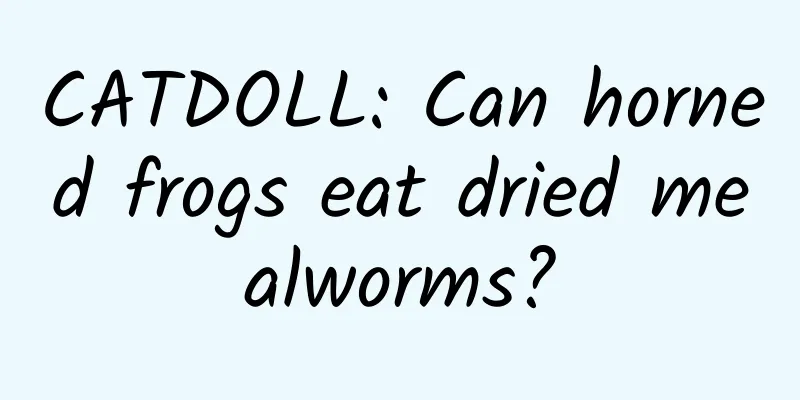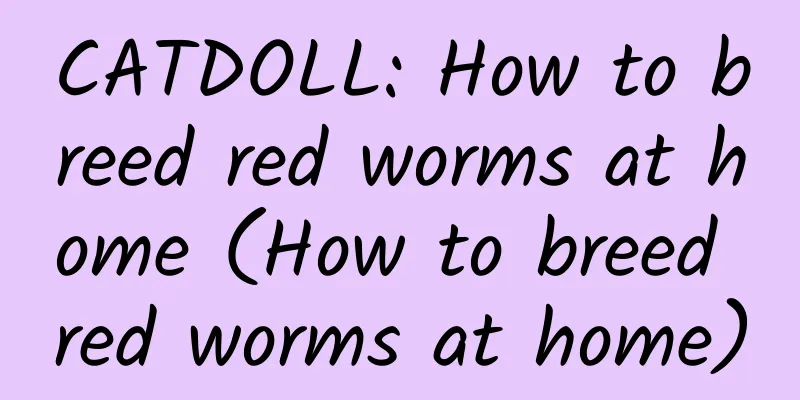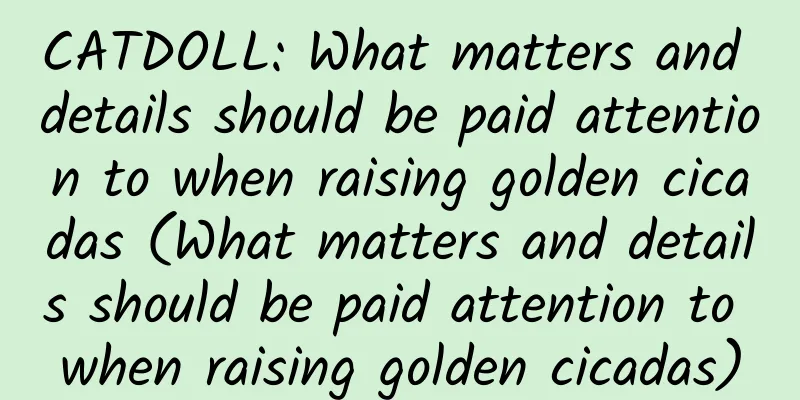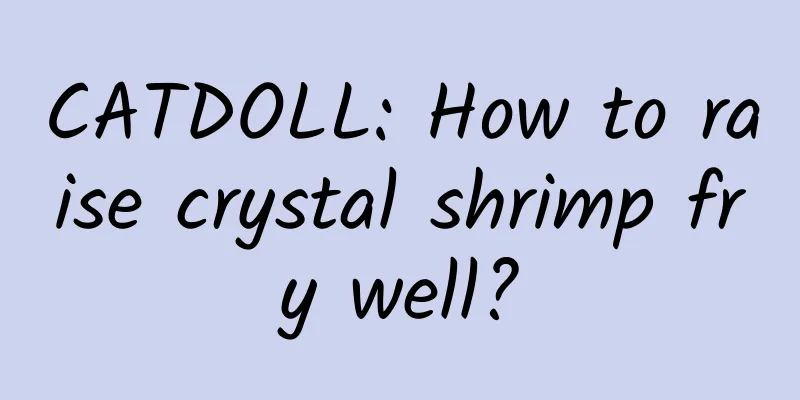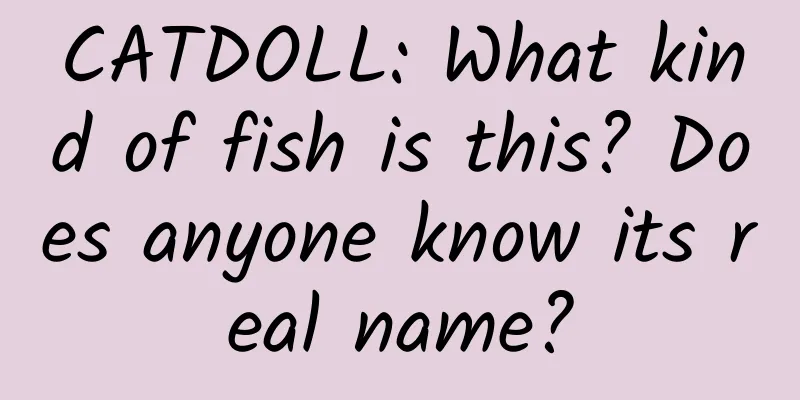CATDOLL : CATDOLL: What are the natural enemies of centipedes?

What are the natural enemies of centipedes?The centipede is a venomous, predatory terrestrial arthropod. Its other names include sky dragon, centipede, few-spined centipede, Wu Gong, a maggot, etc. The common types are red-headed, green-headed, and black-headed. They are mostly found in damp corners, under bricks, under rotten leaves, in dilapidated and damp houses, etc. Let’s take a look at what centipedes are afraid of! What animals are centipedes afraid of? In nature, centipedes have many natural enemies, such as roosters, which is well known to everyone. In fact, insectivorous birds, mammals, reptiles, and amphibians will eat centipedes, and even scorpions will prey on centipedes. There is another creature that everyone may find a little incredible, that is, ants. Ants are also the natural enemies of centipedes and are the biggest enemies of centipedes during the molting and hatching period. When centipedes molt, they have no ability to resist and their new skin is fresh and tender, which ants like very much. If they meet centipedes, they will die. Therefore, when centipedes are artificially bred, ants are also killed as an important pest. What smells are centipedes afraid of? 1. Sulfur: Sulfur is also known as sulfur, colloidal sulfur, sulfur block, etc. It appears as light yellow brittle crystals or powder with a special odor. In production, sulfur is often processed into a colloidal suspension for the prevention and control of diseases and insect pests. It is safe for humans and animals, is not likely to cause phytotoxicity to crops, and is effective against centipedes. 2. Pyrethrins: Pyrethrins are a class of broad-spectrum insecticides that can control a variety of pests. Their insecticidal toxicity is 10 to 100 times higher than that of older generation insecticides such as organochlorine, organophosphorus, and carbamates. Their mechanism of action is to disrupt the normal physiology of insect nerves, causing them to go from excitement, spasm to paralysis and eventually die. 3. Dichlorvos: Dichlorvos is a broad-spectrum insecticide and acaricide. It has contact, stomach poison and fumigation effects. Its contact effect is better than that of trichlorfon, and it has a strong and fast knockdown effect on pests, but it is poisonous to humans and animals, highly toxic to fish, and extremely toxic to bees. After spraying the diluted solution of dichlorvos on the ground and corners of the house, close the door for at least half a day, which has a good effect in repelling centipedes. 4. Lime powder: Lime powder is an air-hardening inorganic gelling material with calcium oxide as the main component. It is widely used in civil engineering. Sprinkle lime powder at doorways, windows and other places where centipedes may crawl in, because centipedes like humid environments. |
<<: CATDOLL: Is it a good idea to raise earthworms to feed chickens and ducks?
>>: CATDOLL: How do wasps spend the winter?
Recommend
CATDOLL: Can salmon be farmed?
Can salmon be farmed? Can. The living environment...
CATDOLL: How to hatch carp eggs?
(1) Pond incubation: Generally, about 500,000 fis...
CATDOLL: What is the value of R in the formula PV=nRT in chemical calculations?
1. What is the value of R in the formula PV=nRT i...
CATDOLL: How to preserve red worms, easy to learn, and very practical (how to preserve red worms)
1. How can red worms be preserved for a longer pe...
CATDOLL: What is the forecast for cattle prices in 2023? What is the forecast for the price of breeding duck eggs this year?
1. What is the forecast for cattle prices in 2023...
CATDOLL: Is this the golden cicada?
1. Is this the cicada called golden cicada? The g...
CATDOLL: What are your experiences in raising silkworms?
1. New technologies and methods for silkworm bree...
CATDOLL: How many poplar trees should be planted per acre to raise golden cicadas? (How many poplar trees should be planted per acre to raise golden cicadas?)
1. How many trees should be planted per acre to r...
CATDOLL: What is a barracuda?
It is a ferocious fish. Barracuda, also known as ...
CATDOLL: Common causes and treatments of diarrhea in pigs
Common causes of diarrhea in pigs Diarrhea in pig...
CATDOLL: Who invented sericulture? (Who invented sericulture?)
1. Who is the founder of mulberry planting and si...
CATDOLL: Blood-sucking worm Red nematode
1. Blood-sucking worm Red nematode Red nematodes,...
CATDOLL: Top 10 ants ranking list (picture of top 10 ants ranking list)
1. Top ten giant ants? 1. Bullet Ant I believe ev...
CATDOLL: I want to raise American cockroaches, but I don't know where to sell them. Is there any senior who would like to give me some advice?
I want to raise American cockroaches, but I don&#...
CATDOLL: How to prevent ants when raising bees (How to prevent ants from entering the house when raising bees)
1. How to deal with ants and insects in the beeke...

